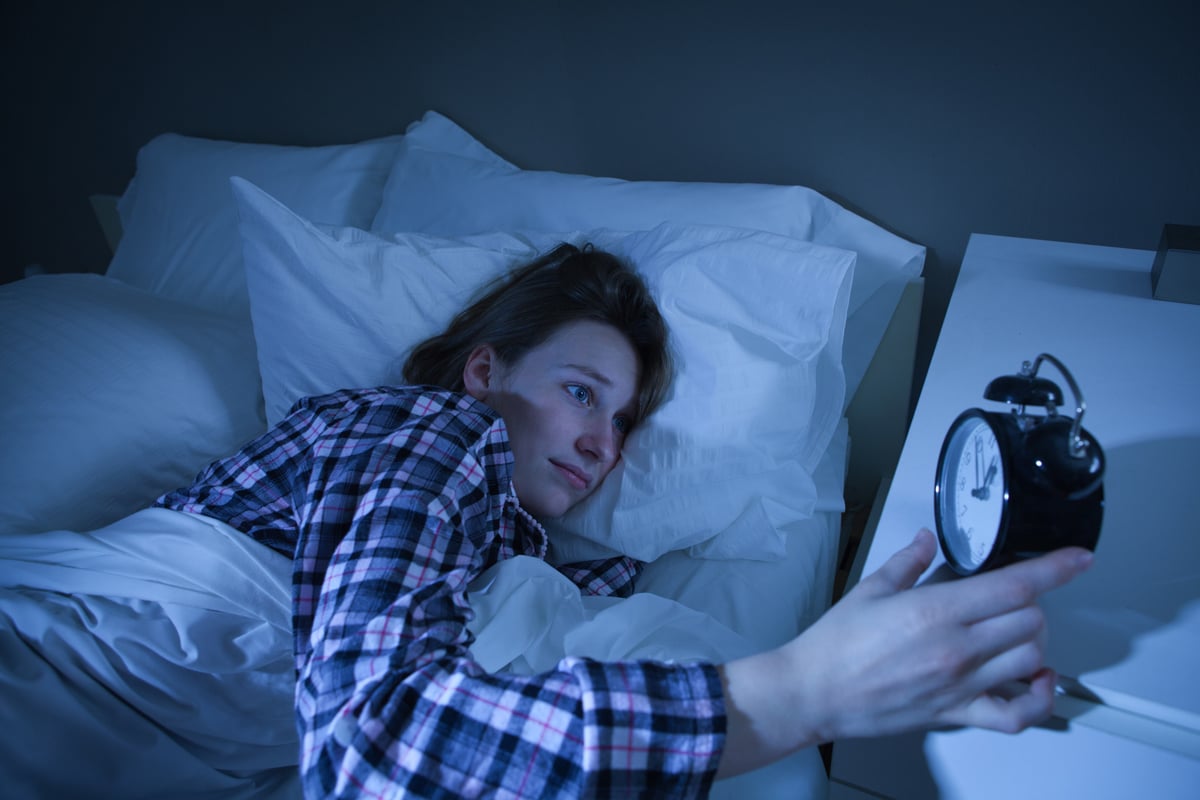
Not Sleeping Well? Consider These 6 Remedies For Some Extra Zzz’s
By DuBose FitnessSleep is extremely important to your health. Studies have shown that getting proper sleep can help you lose weight, avoid accidents and enjoy better overall health and resistance to disease! But most adults don’t get enough sleep, choosing instead to burn the candle on both ends.
It’s time to change your sleep habits. If you find yourself sleepy during the day or just unable to “get going” in the morning, there’s a good chance you’re not getting quality sleep on a regular basis. Having trouble falling asleep at night? Try these tips and tricks to improve your sleep hygiene.
How Much Sleep Do You Need?
First, it’s important to identify how much sleep you actually need. There are sure signs that you’re not getting the sleep you need. These include:
- An inability to concentrate at work or school
- A dependence on caffeine to get started in the morning
- Drowsiness while driving
- An inability to lose weight despite healthy diet and exercise
These are just a handful of the many symptoms you may experience when you don’t rest well. So how much sleep do you really need?
It’s recommended that adults get between 7 and 9 hours of sleep each night. This, of course, may vary based on health concerns or other considerations. Generally, however, adults will be well rested with this amount of sleep.
Children and seniors may need different amounts. For seniors, the recommended “dose” of sleep is between 7 and 8 hours. For children, ask your doctor what’s recommended based on your child’s age.
So what do you do if you’re not getting enough rest? Let’s look at a 6 ways you can catch more zzz’s:
1. Be Consistent
By going to bed at the same time each night, you improve your sleep hygiene. There will be exceptions, of course – that late night movie or travel, for instance – but generally speaking you’re going to fare much better with a consistent sleep schedule than with an inconsistent one.
Establish an evening routine for yourself. Choose a time and set yourself a “curfew,” after which you begin to settle down and engage in relaxing activities. Then, stick to it and encourage your family members to do the same.
2. Limit Screen Time Before Bed
There are many reasons why screen time impacts your sleep. For instance, that scary movie you watched may have you excited or anxious. The email you read from your boss may have you irritated. But, most simply, the light from your television or phone mimics daylight, making you more alert.
To improve your quality of sleep, plan to power down your devices at least 30 minutes before your bedtime. Use that time to engage in an activity that’s more relaxing, like taking a bath or even coloring!
3. Establish a Bedtime Routine
Just as babies and kids crave routine, adults do, too! To help you sleep better, consider establishing a bedtime routine. This routine can begin any time from directly after dinner to a half hour or so before bedtime. The choice is yours, but make a plan you can stick to.
Your bedtime routine should include relaxing activities. What that means to you is your call, but a few examples include:
- Taking a warm bath (try lavender oil for a relaxing scent)
- Reading a book
- Doing light stretching
- Relaxing with an aromatherapy diffuser
- Mindfulness exercises
- Soaking your feet in a foot bath
You get the idea – the activities should be low key and relaxing. Steer clear of a routine that will cause stress or excitement.
4. Watch What and When You Eat and Drink
There are some people who seem to be able to drink a pot of coffee before bed and have no difficulty falling asleep. However, those people are definitely in the minority. For the rest of us, it’s best to be mindful of what we eat and drink, and when.
Certain foods are known to promote sleep. Milk, jasmine rice, eggs, cheese and chickpeas are just a few examples. In a nutshell, the foods that promote sleep include tryptophan, carbs, calcium, magnesium, melatonin and vitamin B6.
Try to avoid alcohol before bed, as it will interfere with your REM. Using alcohol as a sleep aid may also increase the likelihood that you’ll sleepwalk, and can cause trouble with your memory.
Finally, try to avoid drinking too much of anything before sleep. Nothing interrupts a good night’s sleep like the urge to use the bathroom.
5. Exercise During the Day
It’s not a good idea to exercise within three hours of bedtime. However, exercising during the day will greatly improve your chance at falling asleep more easily. Exercise reduces stress, tires you physically and promotes better quality of sleep. Even light to moderate activity can help you sleep more soundly.
It can be hard to get started, but consider this: when you begin to exercise, you’ll sleep better. When you begin to sleep better, you’ll exercise more efficiently! You’ll also have more energy during the day to hit the gym.
Not sure when to work out? We recommend talking to your personal trainer! Together you can determine a schedule that fits with your lifestyle and sleep concerns.
6. Assess Your Bedtime Environment
In an ideal world, your bedroom would be used only for sleep. However, we know that sometimes you’ll find yourself reading or working in the bedroom. That’s okay, but do be mindful of your sleep environment.
A cool, dark and quiet room promotes healthy sleep. Create ambience in your bedroom, too. Consider using aromatherapy, or even a humidifier to create the perfect atmosphere for sound sleep.
Conclusion
When you begin to sleep better, your quality of life will improve. You’ll have more energy and an increased ability to focus during the day. You’ll feel more compelled to exercise, further promoting healthy sleep. Your stress levels will drop and your overall health will benefit. By getting 7 to 9 hours of sleep each night, you can truly improve your life!
If you need help getting started, call your personal trainer! Usually, the first step to a healthy night’s sleep is exercise and a proper diet. Speak with your personal trainer about your concerns, and together you can work out a plan to get you on the path toward restful, healthful sleep. Sweet dreams!






